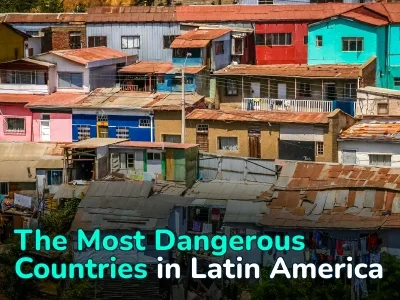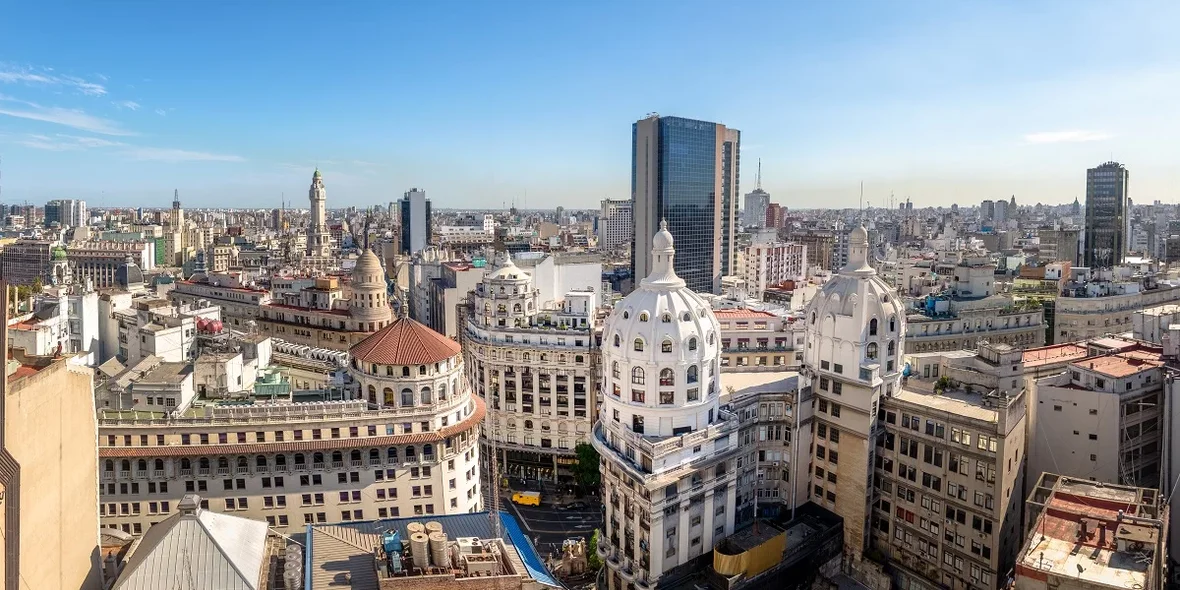
Childbirth in Argentina: Pros and Cons, Level of Medicine, Citizenship
Births in Argentina are attracting more and more expectant parents from all over the world. Argentine citizenship, which a child receives by birth, opens the door to dozens of countries without visas and gives parents a chance to obtain a second passport. What does this process look like in practice, and what should you consider when preparing? We talked to Anna and Alina, two mothers who have walked this path and are ready to share their experience.
Anna's story: lived in Argentina before giving birth
Argentina has a Law of Humanised Birth.
— My name is Anna. Before giving birth, I lived in Argentina for more than 5 years. I had no doubts about where to give birth because Argentina has a high level of medicine, amazing, empathic doctors, and, most importantly, there is a law called “Respectful Childbirth” that says that the expectant mother has the right to choose how to give birth, in what position, and under what conditions.
Having become pregnant, I immediately decided that I would give birth in a private hospital in order to have the possibility of epidural anesthesia. Unfortunately, this option is not available in municipal clinics.
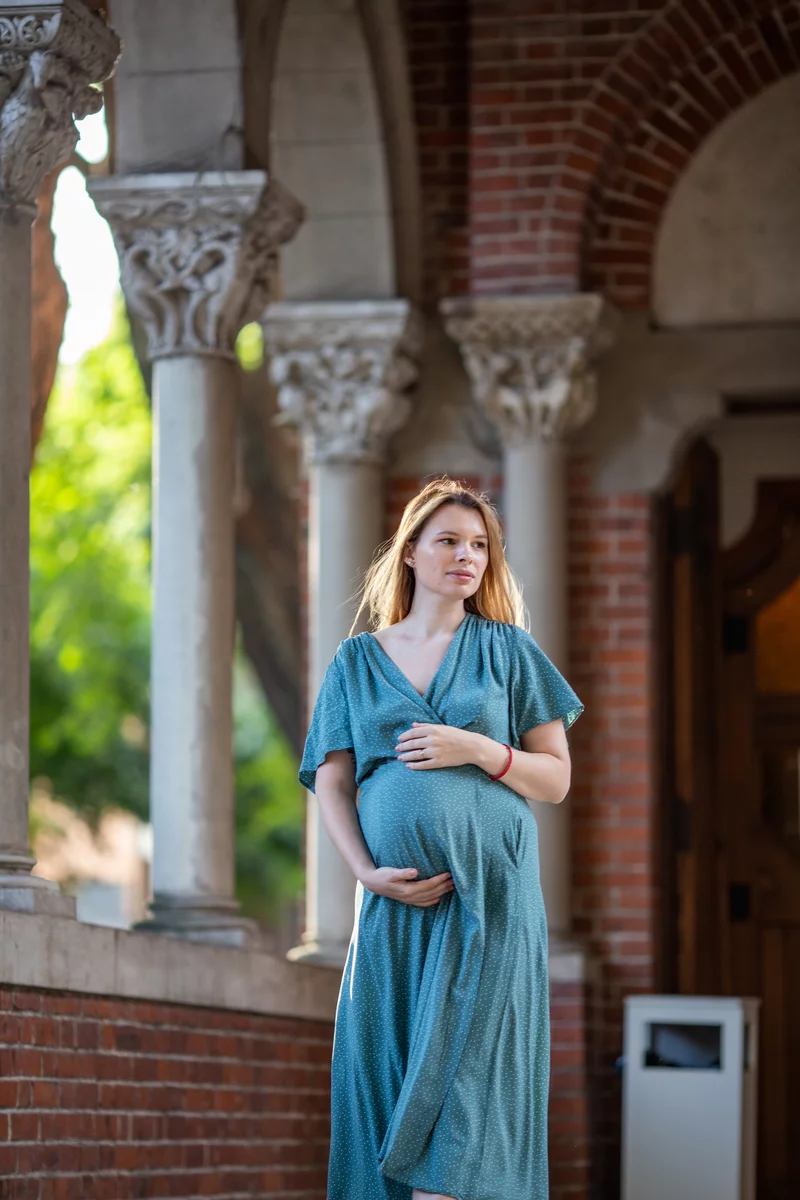

— At 41.3 weeks I had labor induction, which lasted 12 hours. The conditions of my birth did not give me the opportunity to give birth naturally, and I was urgently operated on. After the cesarean section, nothing hurt!
At the maternity hospital, I was taught to breastfeed my baby. There are lactation consultants in every maternity hospital, and this is not considered a luxury. Two days later, I was discharged, and I walked five blocks home with a stroller without any pain.
Citizenship documents for a child are completed in two weeks; parents can also immediately start registering them. Now the terms of receipt have been significantly reduced, and the procedures have been simplified. Specifically, we made documents earlier.
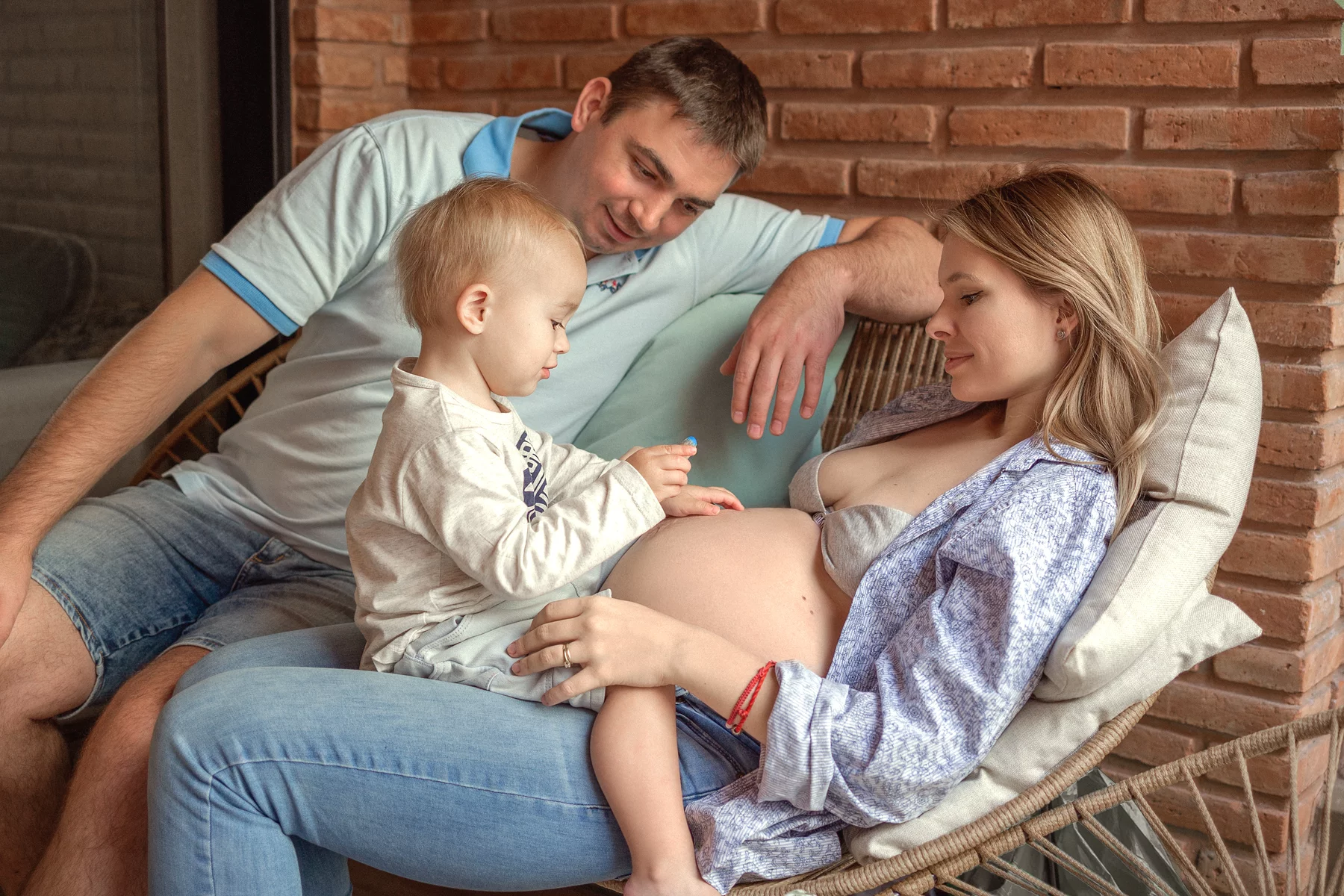
— Initially, I really liked the people in Argentina! Pleasant, sociable, and responsive. There is no discrimination here, and everyone is curious about visitors. Argentina is a country of migrants, and all the locals are themselves descendants of foreigners.
At the same time, knowing only English is not enough to live here. Not so long ago, English was banned in Argentina, and people did not learn it in school. Therefore, today, it is spoken by a very small percentage of Argentines.
Buenos Aires is safe in good areas. A big city attracts many different people, just like any other capital city. I live in the Belgrano area — it is a good residential area. The Buenos Aires and Rosario regions are unsafe; outside the capital too. It's safer in other regions.
I went from being a salesperson in a second-hand store to an entrepreneur. It was very hard for me! To get out of a poor migration, I quickly learned the language, worked hard, and went to study. My main desire was to live a good life in a country that was then foreign to me. This desire helped me today to live a good life in my native state.
The budget for living will depend on the standard of living and the number of people. According to my feelings, a couple with a child needs about $2000–$2500 per month.
We travel a lot, and often around Argentina — the country is very conducive to this. I love Patagonia, Catamarca and the little beach village of Carilo.
Alina's story: she flew to Argentina 6.5 months before giving birth
The birth cost me $1,700.
— My name is Alina, and I am 36 years old. For more than 18 years, I have been teaching foreign languages: English, German, and Russian as a foreign language. The latter is my special love, because teaching Russian as a foreign language gives me the opportunity to meet different people from all over the world.
I always knew that I would live far from home. I think that my studies at the linguistics department greatly influenced this decision. After all, why study foreign languages if you don’t then use them in the natural environment?
Today I managed to live for 3 years in Germany, where I studied at the university and received a second master’s degree in linguistics; then my family and I spent a year in Turkey, and now we are in the 10th month of our life in Argentina. In addition, I had numerous internships in England, language courses in Australia, and a lot of travel.
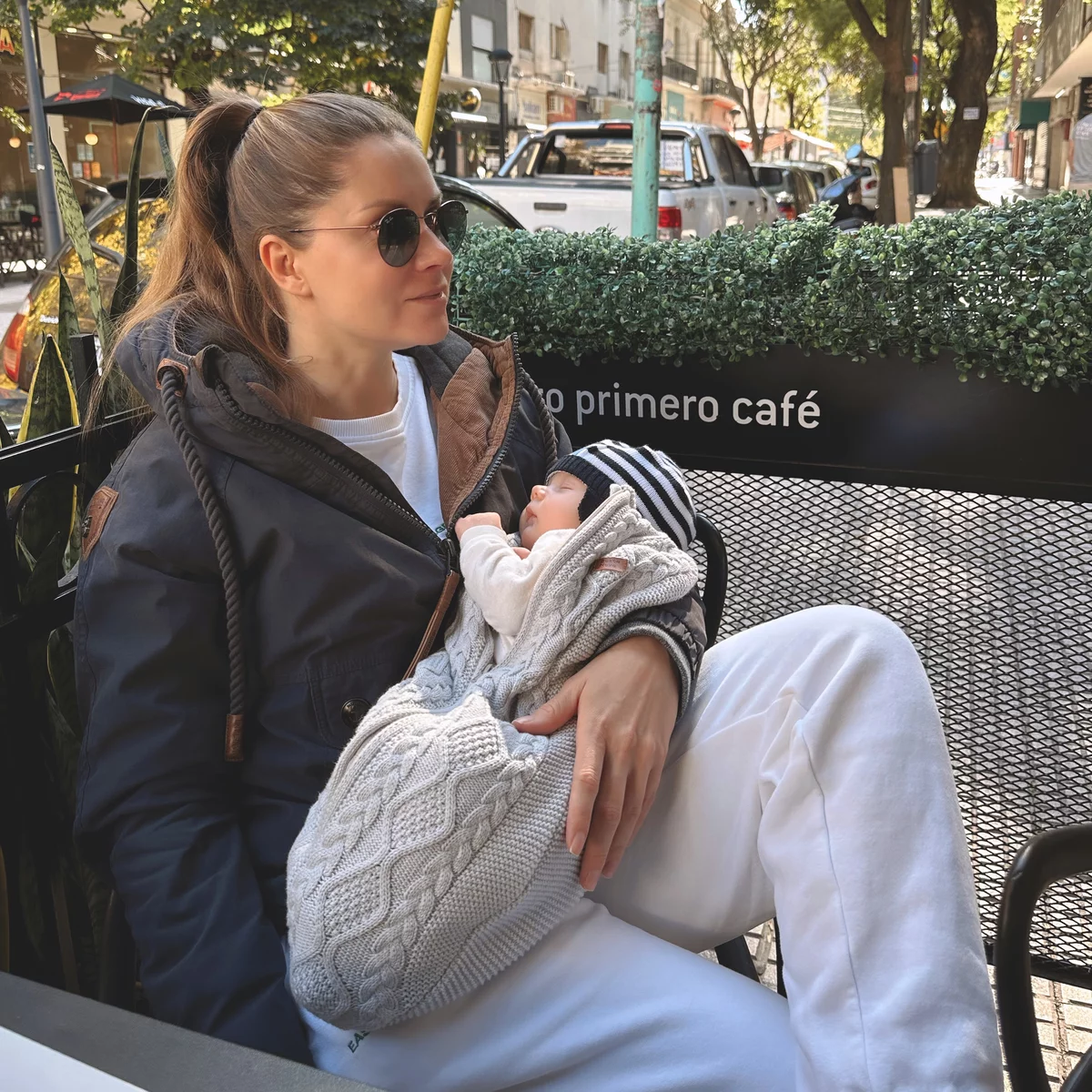
— In February 2023, we decided to try to get a visa to the USA with the prospect of giving birth there. From Turkey, where we had lived for six months, we went to Warsaw, but our trip was not successful (as we thought at that time) — we were denied a visa. But we didn’t get upset for long (about 30 minutes); we went into the nearest café and sat down to plan our vacation, which we were already on.
Having returned to Turkey, we decided that we would plan our pregnancy and give birth there. Good climate, sea, mountains, fresh fruits, vegetables, and many other advantages. But the plan did not come true again because Turkey has practically stopped issuing residence permits.
And we began to think about where we should move. Schengen visas had already expired at that time, so there were significantly fewer options. And we still have one small nuance: we move around the world with a dog. And this greatly complicates the whole process, from choosing a country where it is less problematic to move with a dog, to choosing an apartment (not everyone wants to rent out their apartments to tenants with a dog, and we understand them).
So, literally after an hour of thinking (that is, absolutely spontaneously), we came up with the idea of going to Argentina, Buenos Aires. Many people go to this country to give birth, because children born there immediately receive citizenship. Parents can also apply for it by providing the necessary package of documents and living for some time in this country. The whole process takes about two years. Some people are luckier, and their parents receive an Argentine passport faster. Absolute Argentine randomness, which makes no sense to try to understand.
And now, a month later, I, my husband Dmitry, our dog Lucky, four suitcases and our son Leon in my belly leave the airport terminal. We arrived in September, and in Argentina it is the end of winter. It immediately becomes clear that the opposite is true here. But that makes it even more interesting.
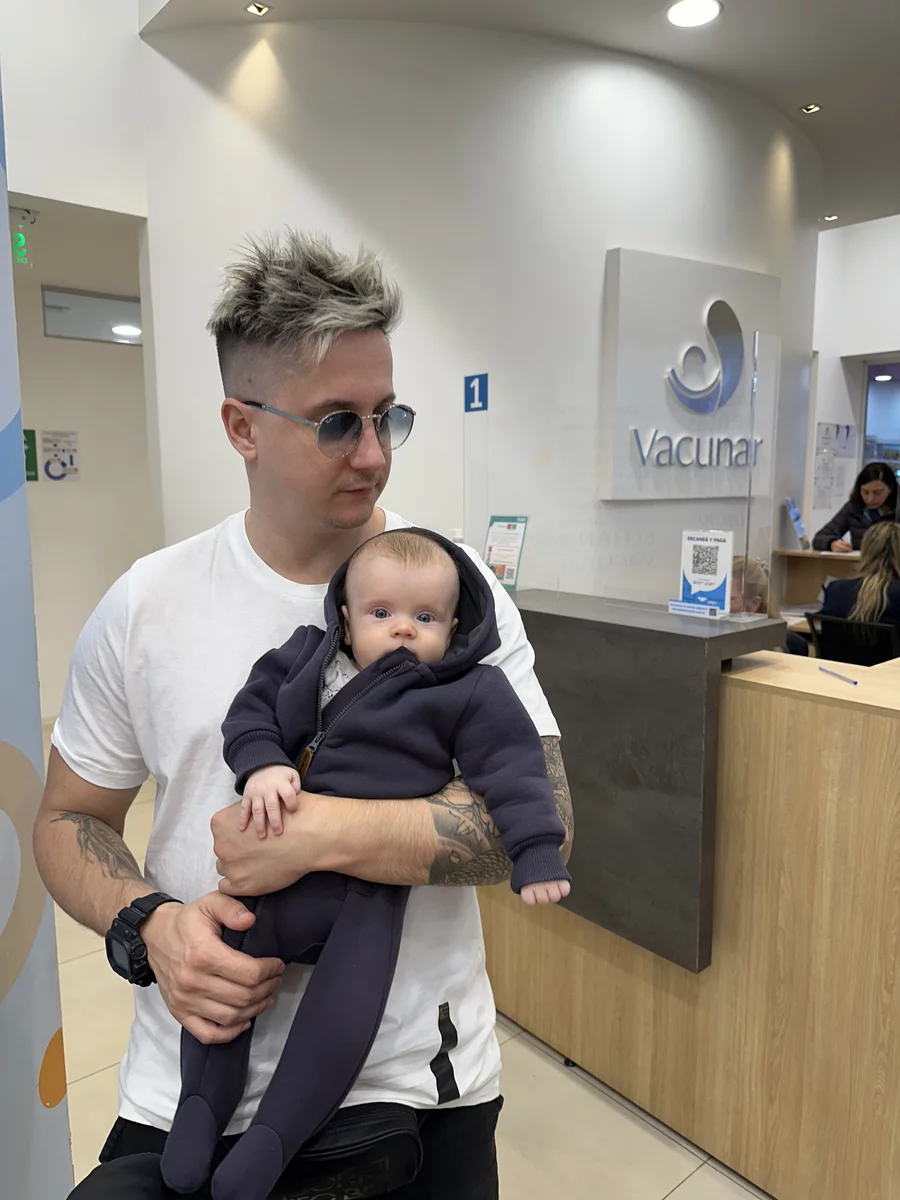

— Preparing for the birth of a child in Argentina is actually quite an exciting process. The first thing you need to do is choose a hospital and a doctor. It is important to research all available options in advance, read reviews, and, if possible, talk to other expats who have already been through this. The only document you need is a passport.
We flew to Argentina 6.5 months before the birth, and for us, it was the perfect decision. Not only did we have time to prepare for the birth, but we also settled in and got used to the new place and culture. We chose the country not only for giving birth, but also for living for the next few years, so such an early move allowed us to settle in comfortably and feel at home here.
However, many people arrive 1 month before the birth (the main thing is to be allowed on the plane), because it is necessary to have about two months in reserve to prepare documents for the child. A tourist visa is valid for 90 days. But, if you stay in the country longer, you will simply need to pay a fine for overstaying.
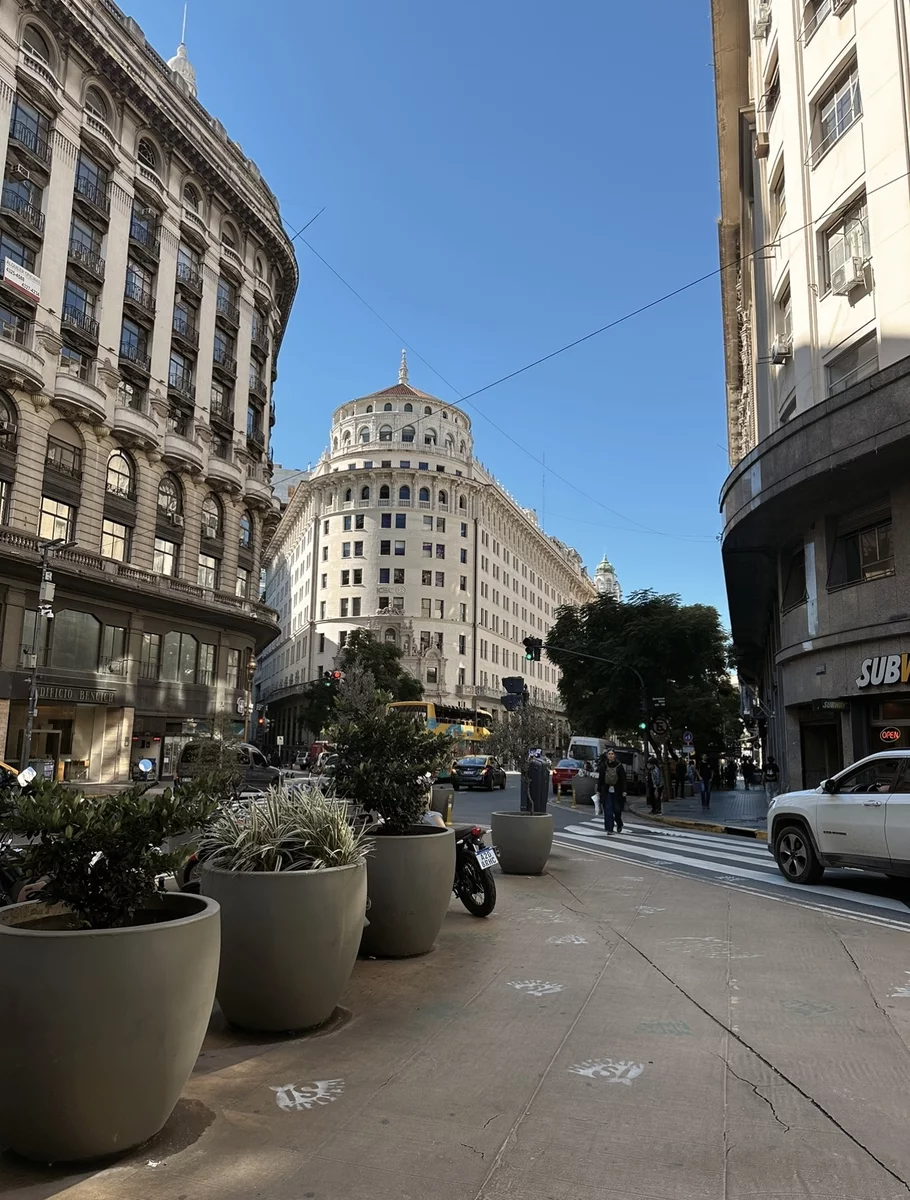
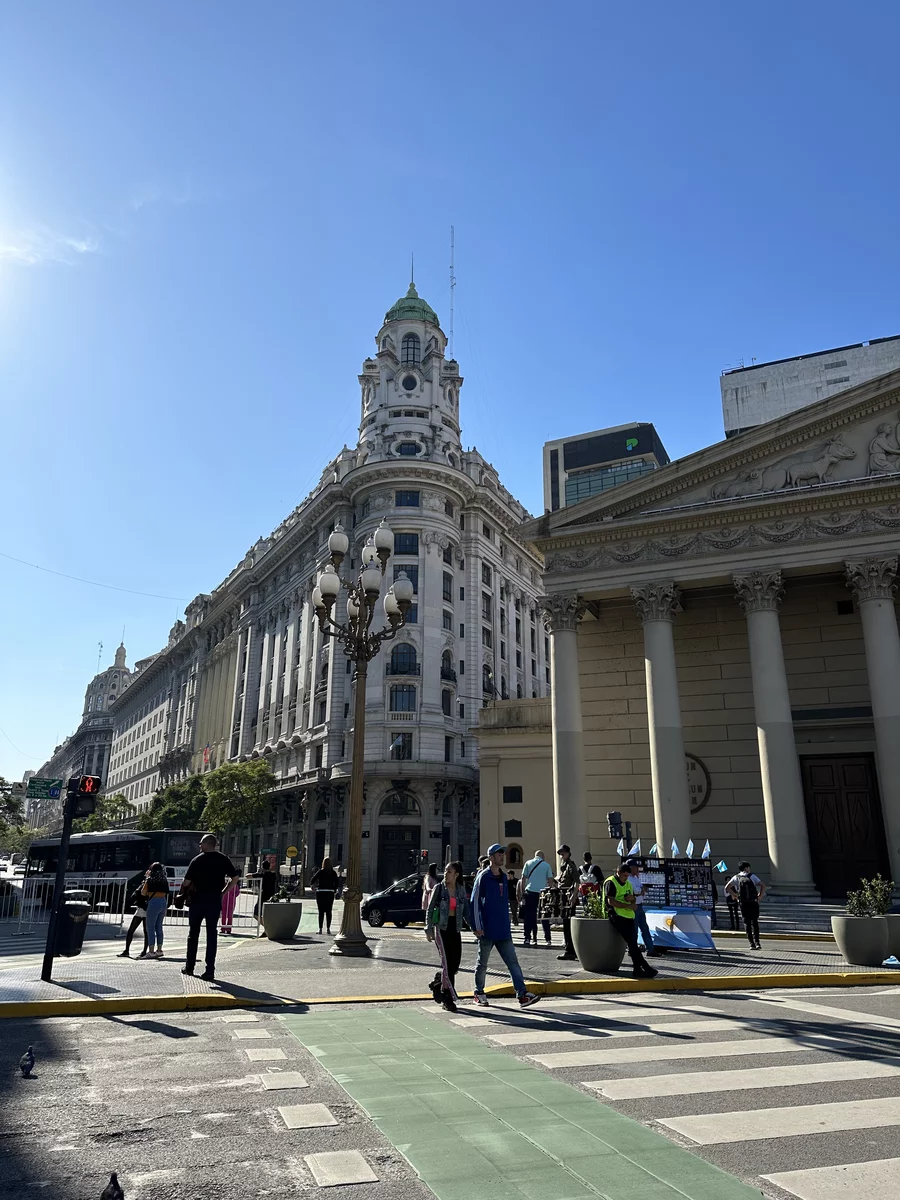
— There are several things you should pay attention to before giving birth in Argentina.
Firstly, housing. It is better to rent an apartment near the hospital in advance so that, in an emergency, you do not have to travel long.
Secondly, language. If you don't speak Spanish, I recommend finding a translator or choosing a doctor who speaks good English. But this is not a call to action, because many feel more comfortable giving birth with an interpreter. And if you want to give birth for free in a public hospital (this option also exists, and you can easily use it), then an interpreter is required there.
The cost of childbirth in Argentina can vary greatly. As I already said, you can give birth absolutely free of charge in a public hospital. And if you choose a private clinic, it will cost about 1,700–5,000 US dollars. This amount usually includes all necessary procedures and hospital stay. Of course, if there are any additional requests or force majeure, the price may increase.
Be sure to clarify all the details in advance so that there are no surprises later. For example, we did a little research, visited hospitals, talked with locals, and this helped us choose the best option in terms of price-quality ratio.
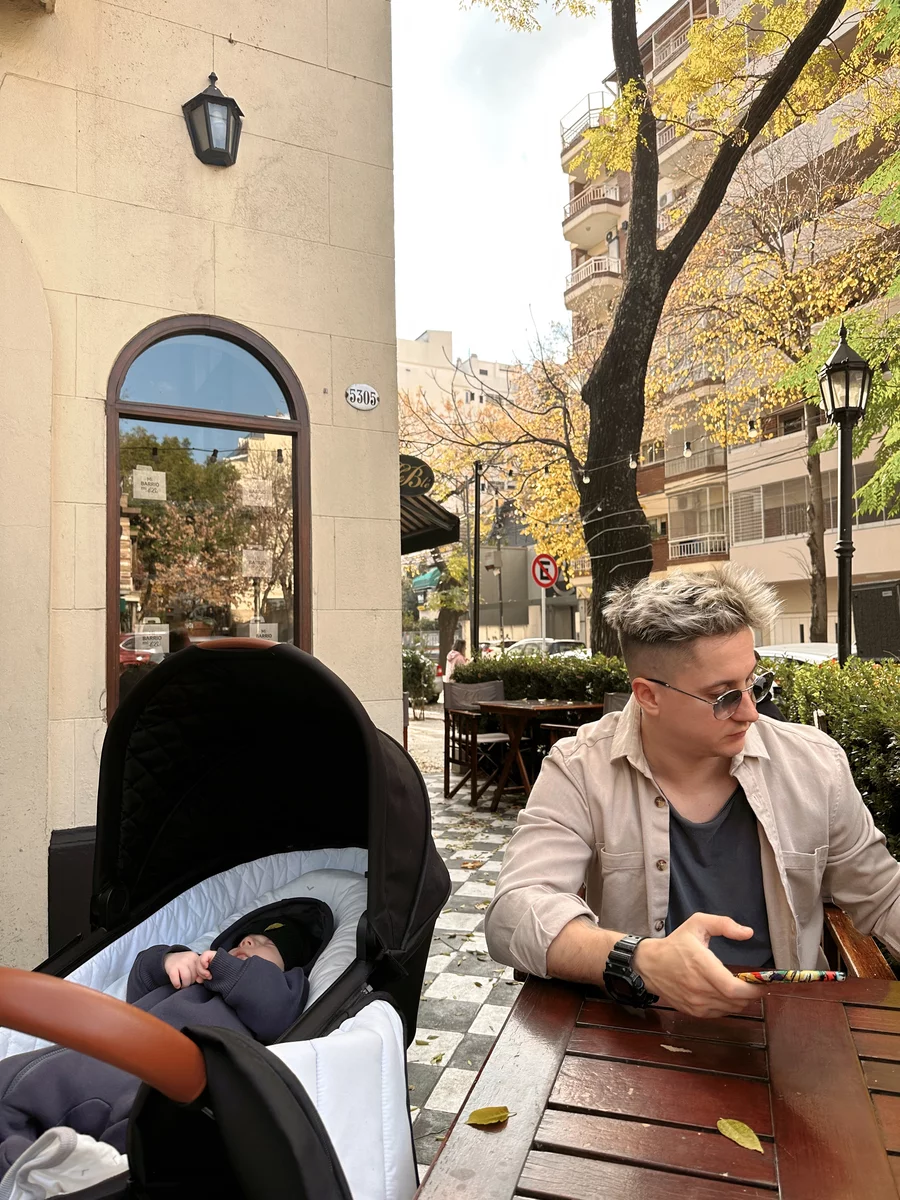
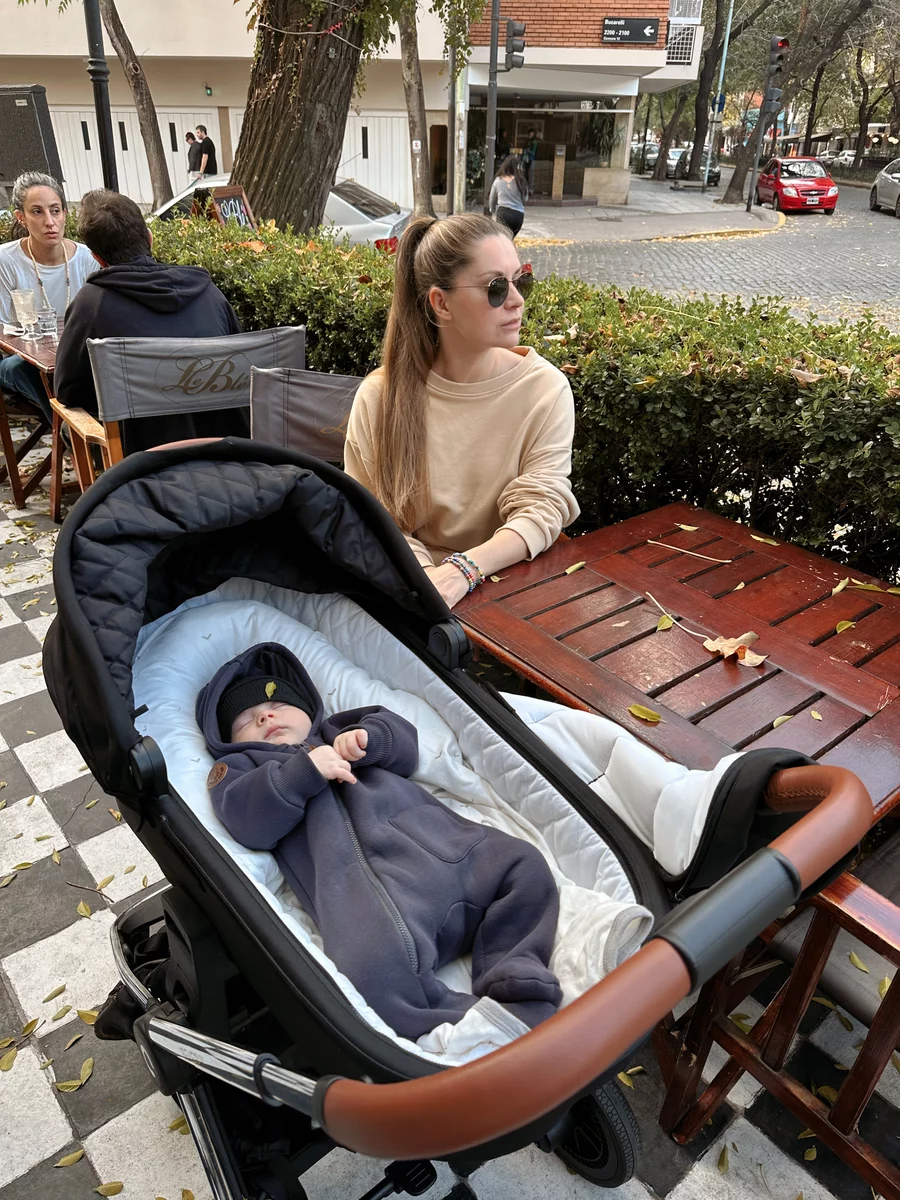
— I gave birth at IMO (Medical Institute of Obstetrics). It is one of the most renowned medical institutions in Argentina, specializing in obstetrics and gynecology. Highly qualified specialists work there, the staff is very attentive and caring. But this institute does not look like a five-star hotel. Inside, everything is quite simple, and the furniture in the rooms is outdated. But for us this is not as important as, for example, the professionalism of doctors.
My delivery cost me $1,700. We paid $1,200 at the maternity hospital when concluding a contract, and we paid $500 to the doctor who managed my pregnancy and delivered the baby. It was possible not to pay, but then the birth team would have attended the birth. By the way, having signed a contract with IMO, I no longer had to pay for appointments with a doctor before giving birth, as well as for all the tests (tests, CTG, ultrasound), and this is a good saving.
Based on our experience, I can say that the level of medicine in Argentina is quite high, especially in private clinics. We were pleasantly surprised by the quality of medical care and the professionalism of the doctors. The clinic staff is very attentive and caring, always ready to help and answer all questions.
As for the equipment, it is modern and allows you to carry out all the necessary procedures in the best possible way. We also liked that many of the doctors speak English, which makes communication easier if your Spanish isn't quite up to par yet.
After birth, mother and baby are under the supervision of doctors and nurses. In the first days, they regularly check the baby’s health, help with breastfeeding and give useful care tips.
In private clinics, as a rule, it is possible to get consultations with pediatricians who monitor the child’s development and answer all the parents’ questions. For example, they helped us a lot in the early days, when we were still getting used to our new role as parents.
After discharge, we found a pediatrician whom we see regularly to this day. She speaks excellent English, conducts appointments carefully, gives good recommendations, and places great emphasis on the child's safety. She gave us and other parents a theoretical and practical master class on preventing accidents and providing first aid to children.
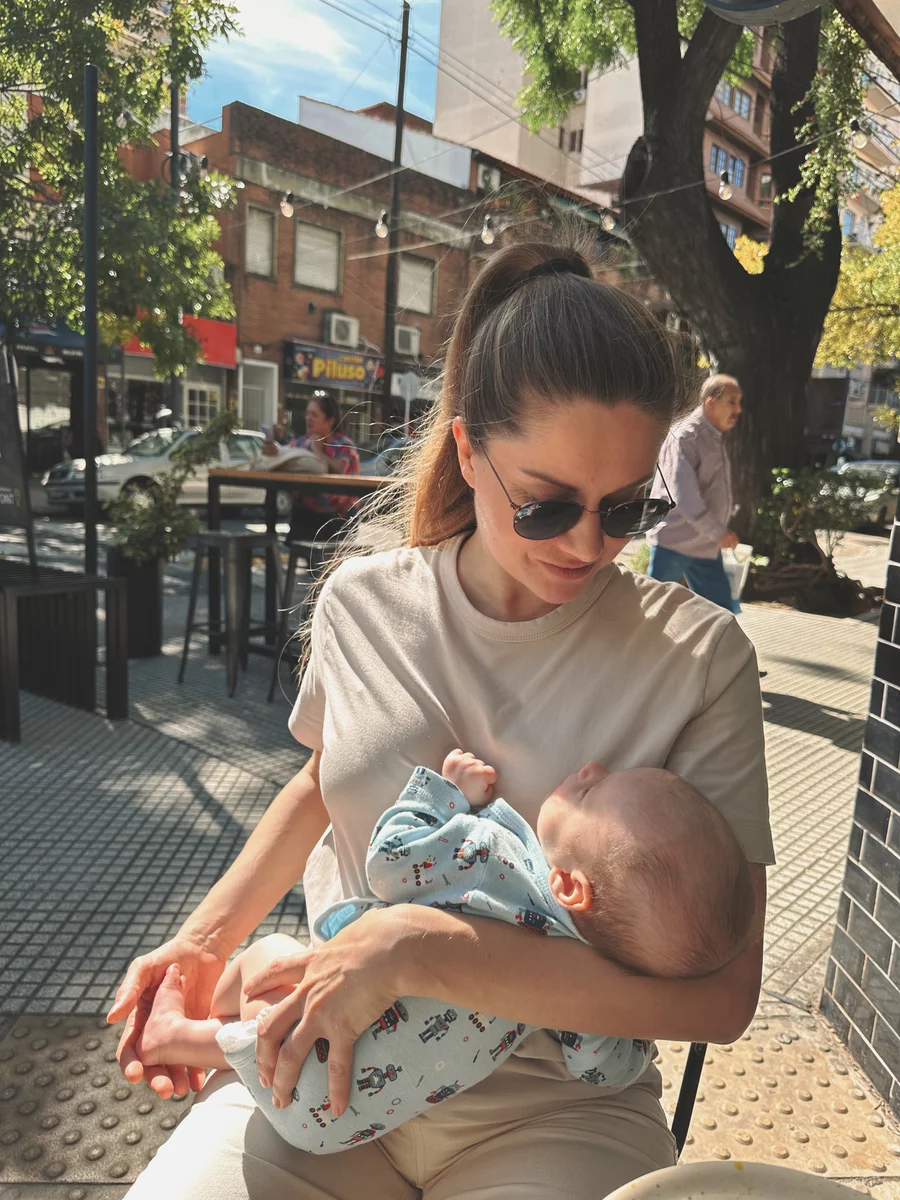
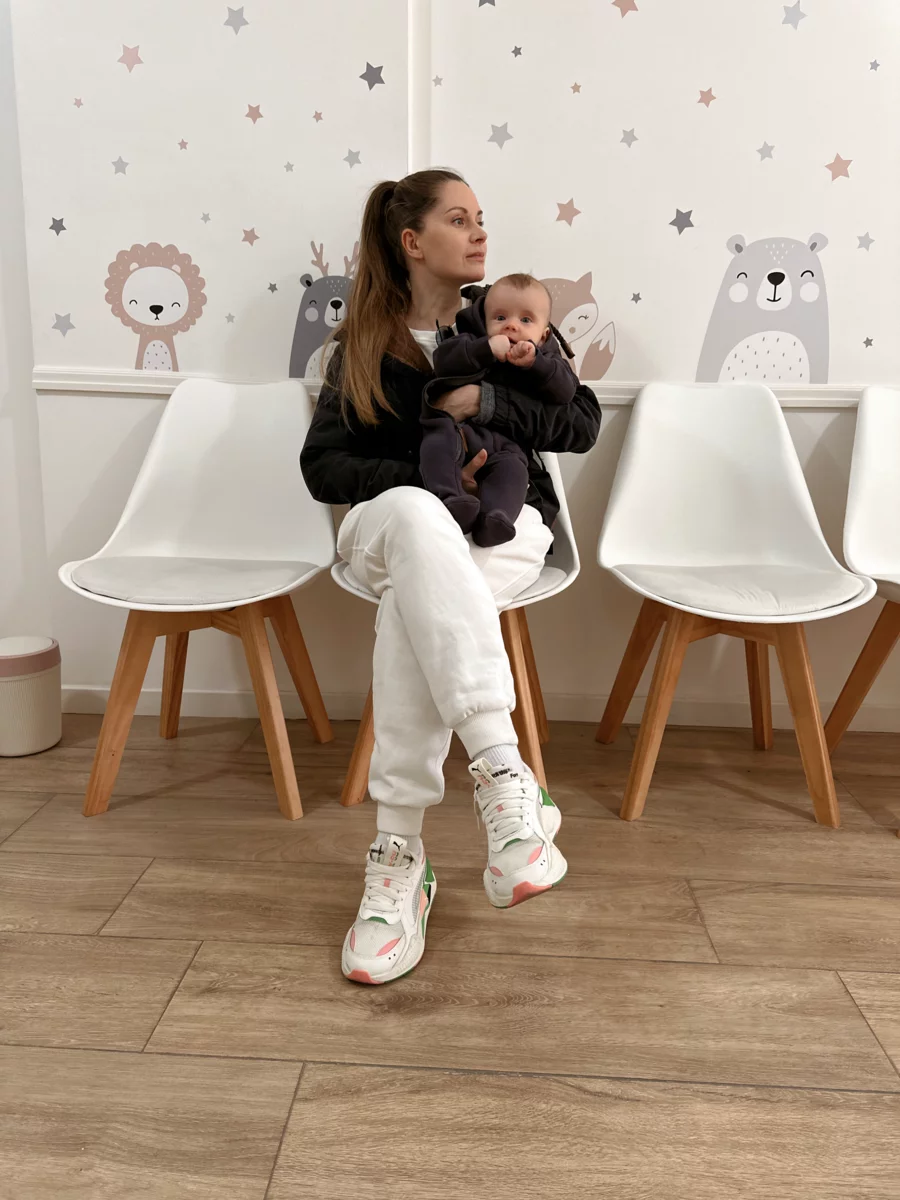
— Obtaining citizenship for a child born in Argentina is very simple and quick. As soon as the baby is born, he must be registered at the local registry office (Registro Civil). This is usually done directly at the hospital or at the nearest registry office. After registration, you are issued a birth certificate (Partida de Nacimiento), which confirms the child's citizenship.
Next, you need to obtain a National Identity Card (DNI) for the child. To do this, you need to go to the National Register of People (RENAPER) office with a copy of your birth certificate and your passports. This ID will be needed for everything else.
If you need a passport, you can apply for it there, at RENAPER. You will need to take the child's birth certificate and DNI. The passport is usually issued quite quickly and costs about 40 US dollars.
Our son, Leon, already has all the documents. We haven't been so lucky yet. But since we now have an Argentine in our family, we will also be able to get a DNI and apply for Argentine citizenship.
We have already submitted all the necessary documents for the National Identity Card (DNI), which will be ready within a few months. We also already have the right to apply for the passport itself, having collected the necessary documents. By the way, all documents here are delivered to your home by mail.

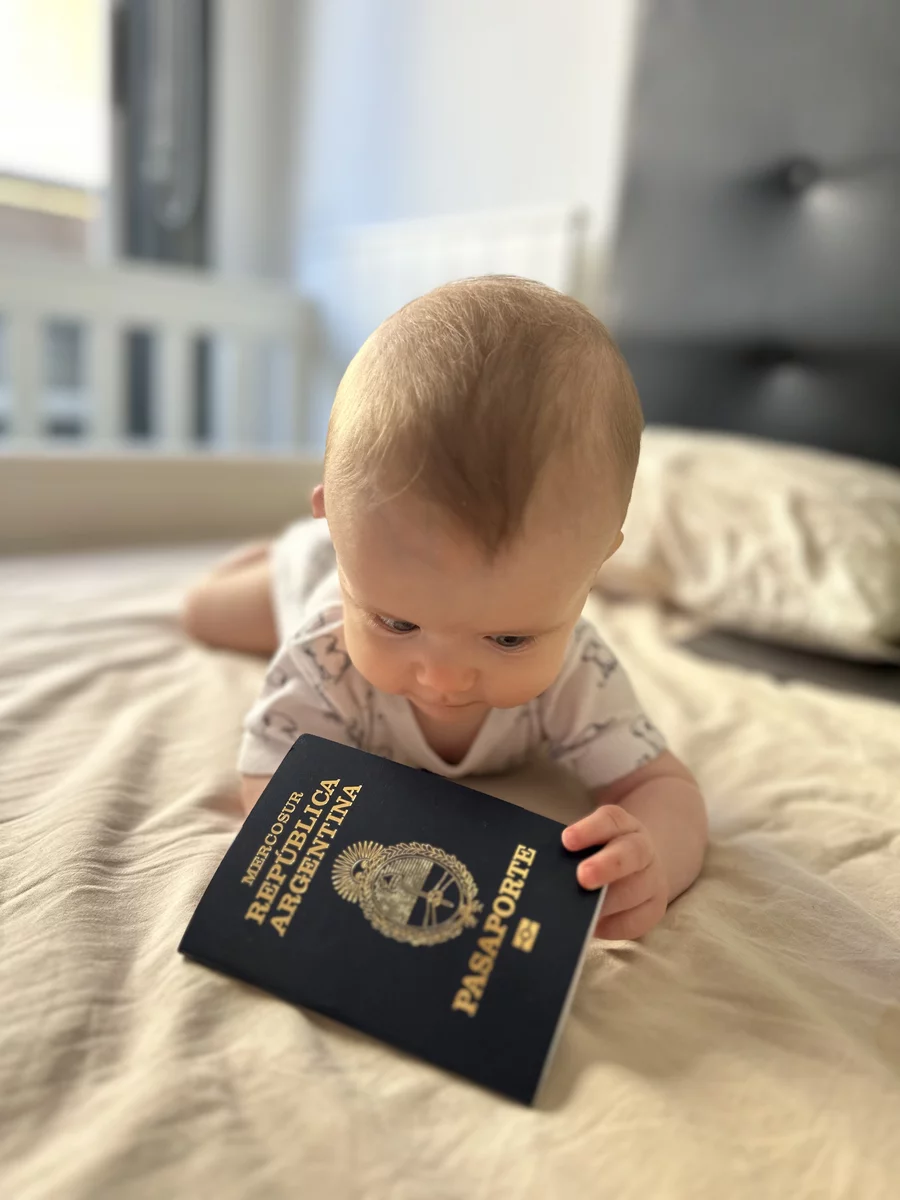
— Argentine citizenship is a whole set of pleasant bonuses! Firstly, with an Argentine passport, you can travel without a visa or obtain visas on preferential terms to more than 170 countries. So if you like to travel, this is a great plus.
Secondly, Argentine citizens can work and do business freely. There are also government programs to support entrepreneurs, so if you have a startup dream, welcome!
Free education and healthcare are also excellent. You can study and get treatment without worrying about your wallet. And there are also a lot of social benefits, from pensions to other benefits. This is very supportive, especially if you are planning on living here long term.
And, of course, the right to vote in all elections. You can finally feel like a real participant in the life of the country, and not just a guest. Plus, Argentina allows dual citizenship, so you don't have to choose between your home country and your new home.
In general, Argentine citizenship is not just a passport, but a ticket to a new life with many opportunities. And while you're here, why not take advantage of all these bonuses?
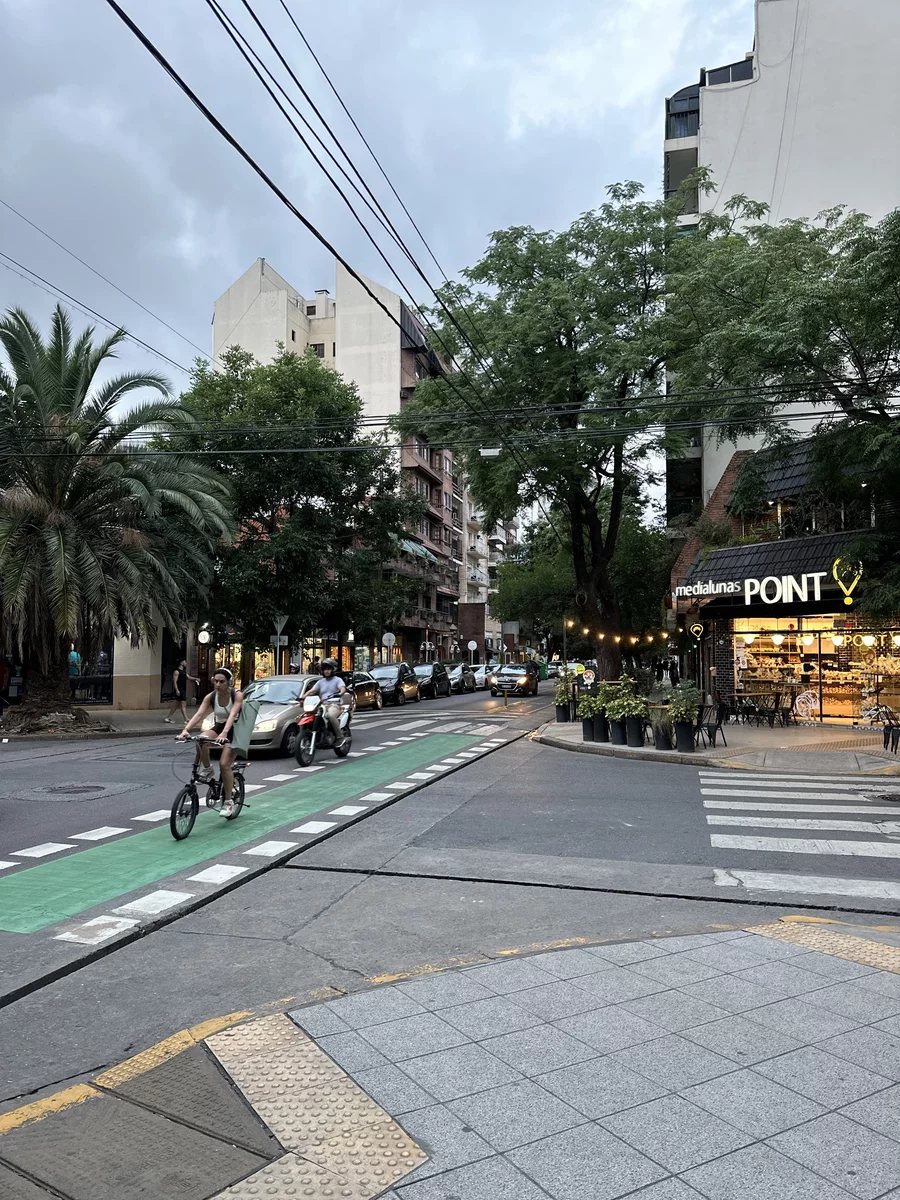
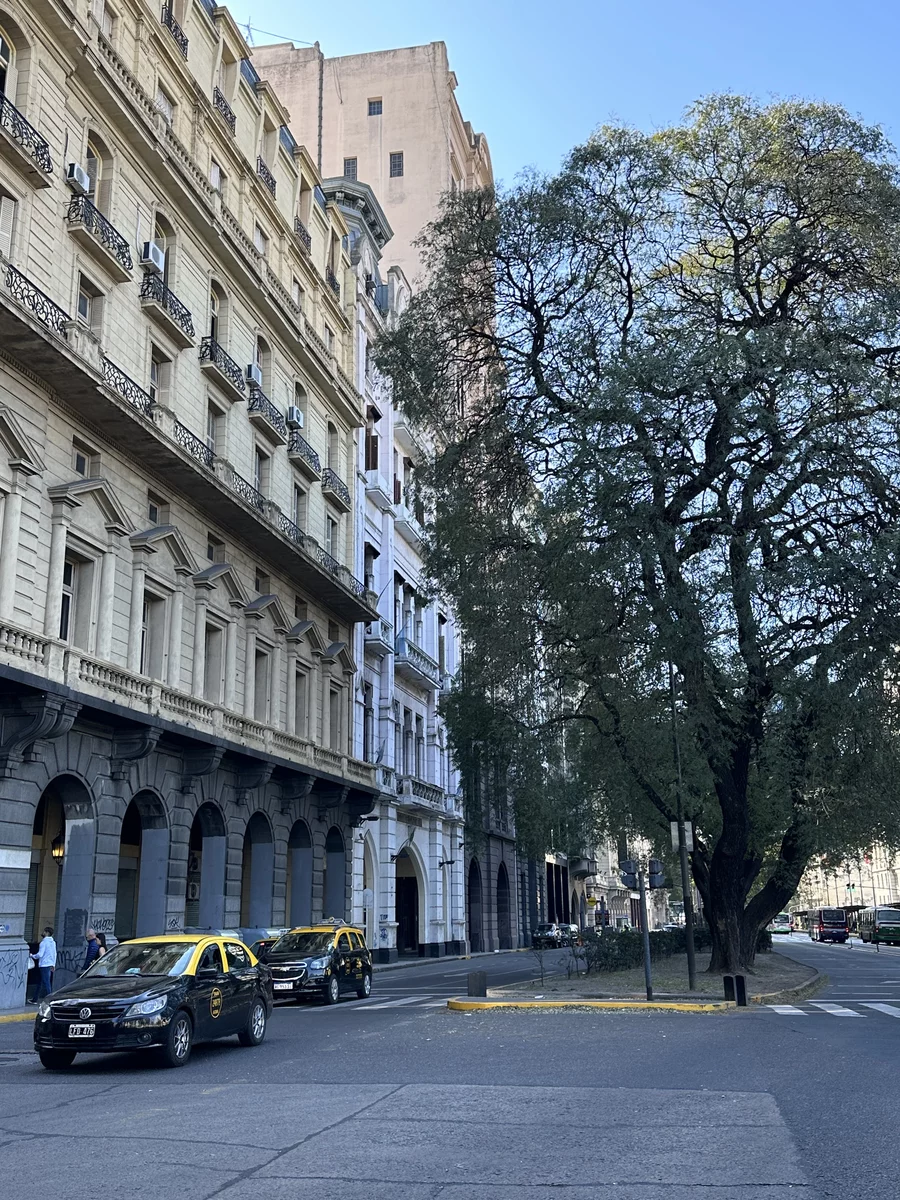
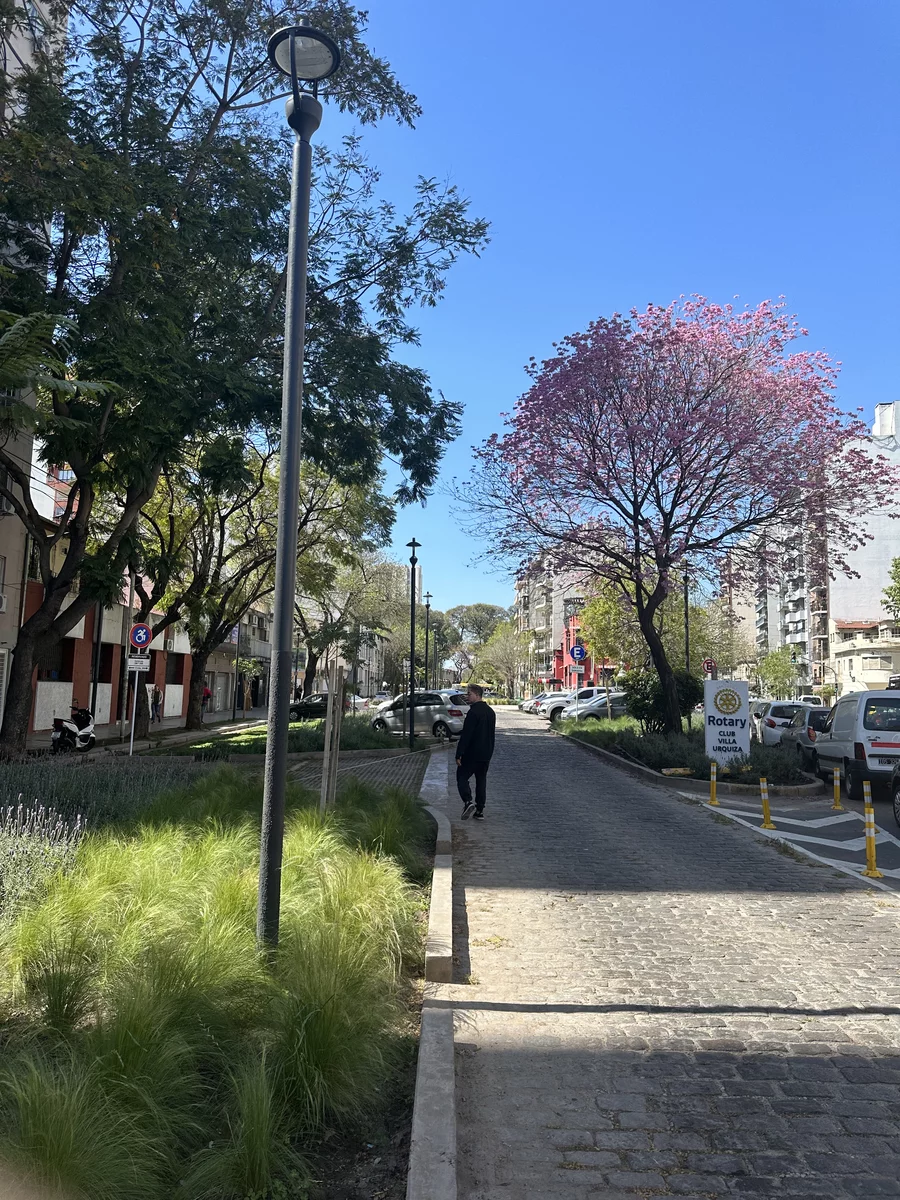
— Of course, life in Argentina has both its pros and cons. The economy here is very unstable, but we have learned to adapt and find solutions. Mosquitoes are also active here, especially in the warm season, so stock up on repellent. Well, unfortunately, there are cases of street theft, so it is better to always be on guard and not leave things unattended.
In terms of benefits, what we like most here is the climate. Summers are hot, winters are very mild, and most importantly, the sun shines here all year round.
The Argentines are so friendly that sometimes it feels like they are your old friends. We are always welcomed, and this makes life here very comfortable. What can we say about food? Ah, Argentinian meat! Simply fantastic.
Living in Buenos Aires with a child is quite comfortable. The city offers many opportunities for families with children. There are many green parks and areas where you can spend time outdoors.
In a word, we sincerely fell in love with this country, so we plan to continue living here.
Do you want to share your personal experience of relocating and living in another country? Email us at info@realting.com. We will be happy to tell your story.
Author
I am responsible for editorial work. I write expert interviews and guides.























